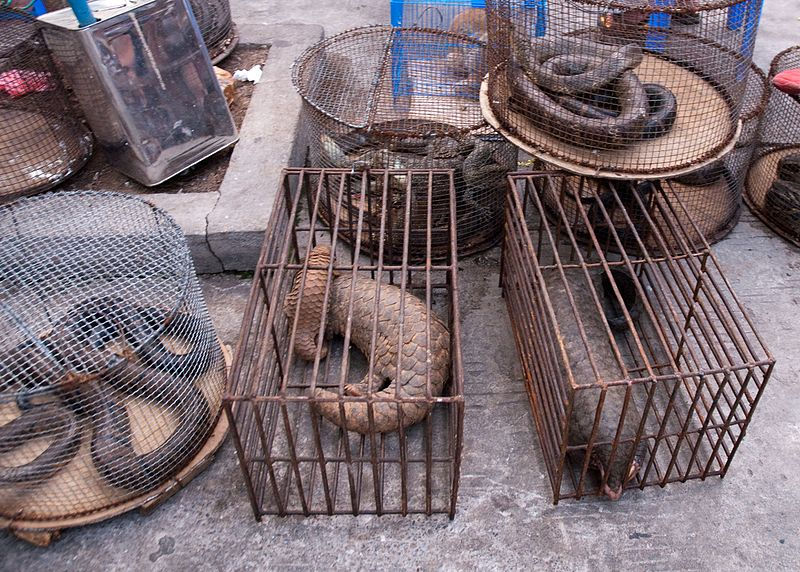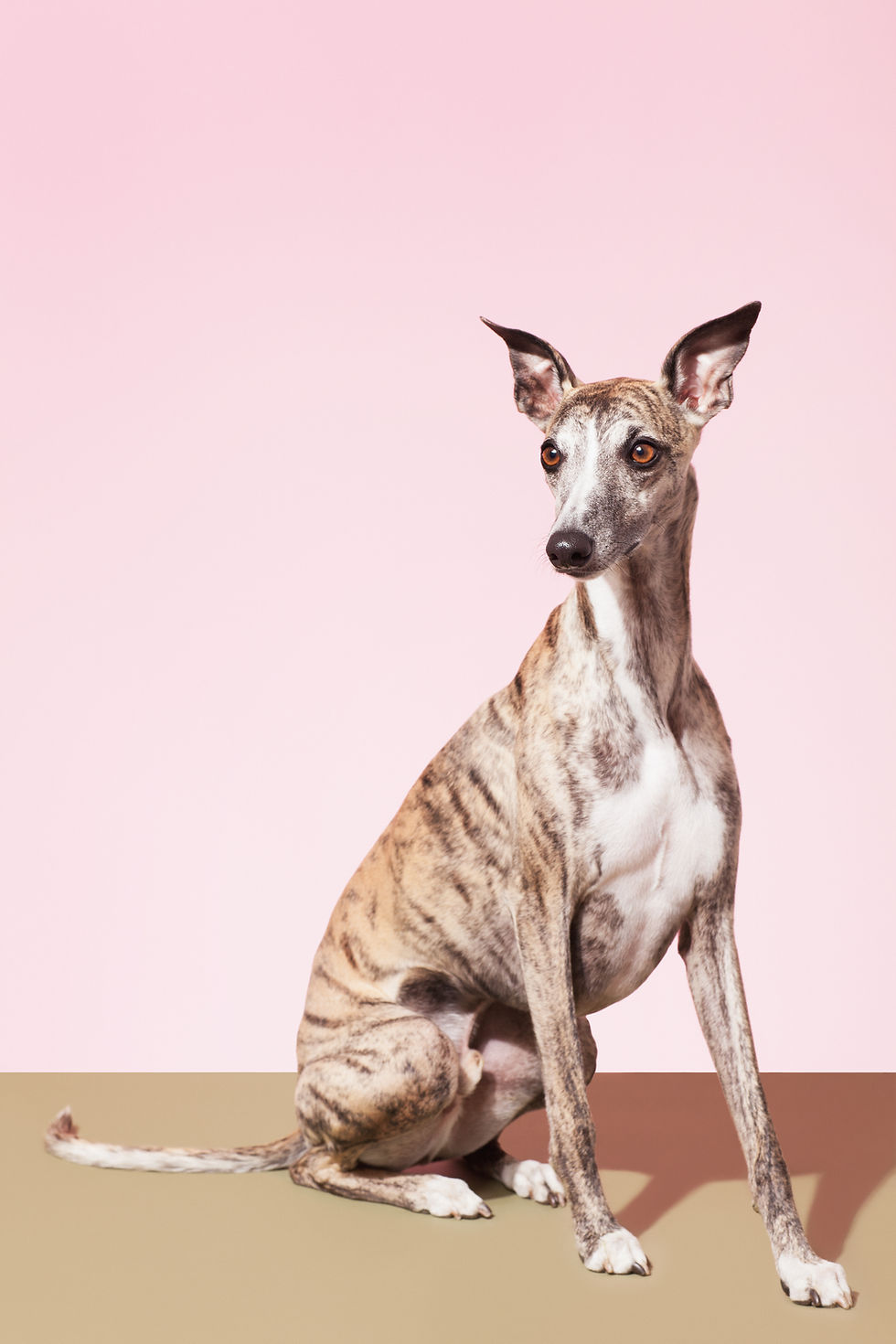Vietnam Bans The Wildlife Trade 😊
- Jennifer J

- Jul 25, 2020
- 2 min read
Updated: Jul 26, 2020

Vietnam has just banned animal imports from coming into the country.
In other words, Vietnam has banned the illegal wildlife. The illegal wildlife trade ban wildlife includes both wild animals being banned from being imported into the country and they are also banning wildlife parts from coming into the country. Wildlife parts could include things such as tusks from Elephants, or horns from Rhinos.
Last year, it was found that Vietnam was instrumental in the illegal wildlife trade. It found that wildlife trafficking in Vietnam was responsible for trafficking wild animals from around the world. These wild animals included parts from Tigers, Elephants, Pangolins and Rhino.
We also found out last year that Pangolins were by far the most trafficked and killed animal for the Vietnam illegal wildlife trade, as 65,510 Pangolins were victims of Vietnams illegal wildlife trade. Elephants were the second-largest victim, as 15,779 Elephants were victim of Vietnams illegal wildlife trade. In third place was Rhinos, with 610 being victims and in fourth place was Tigers - there were 228 Tigers victims of the illegal wildlife trade in Vietnam last year.

What A Difference A Year Makes
A report out last year called 'Running out of time: Wildlife crime justice failures in Vietnam' by the Environmental Investigation Agency, found that Vietnam was doing little to stop the trade.
The report said:
''Despite the rapid proliferation of organised Vietnamese wildlife trafficking networks driving illegal wildlife trade globally, the response from the Government of Vietnam has been inadequate and disproportionate to the scale of wildlife trafficking implicating Vietnamese criminal groups.''
Thankfully, the Vietnam government has changed course in direction and has made the decision to ban the wildlife trade. The move to ban the wildlife trade in Vietnam came from the Vietnamese Prime Minister, who made the decision to ban the wildlife trade to stop a future pandemic.
The ban will see both live animals being banned from being brought into Vietnam and animal parts from wild animals being banned from being brought into the country.
A More Positive Future
The move offers hope and the hope of a positive future.
It offers a positive future for wild animals, the natural world and humans. There can be a more positive future with a move like this because it helps stops animal and human suffering. It also helps stop or lessen the decline of wild animals; including endangered species.
Thank you Vietnam for making this positive move! 😊



Comments